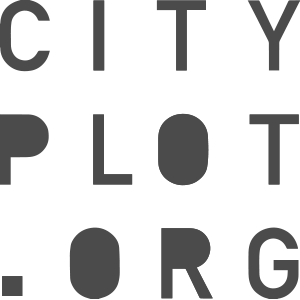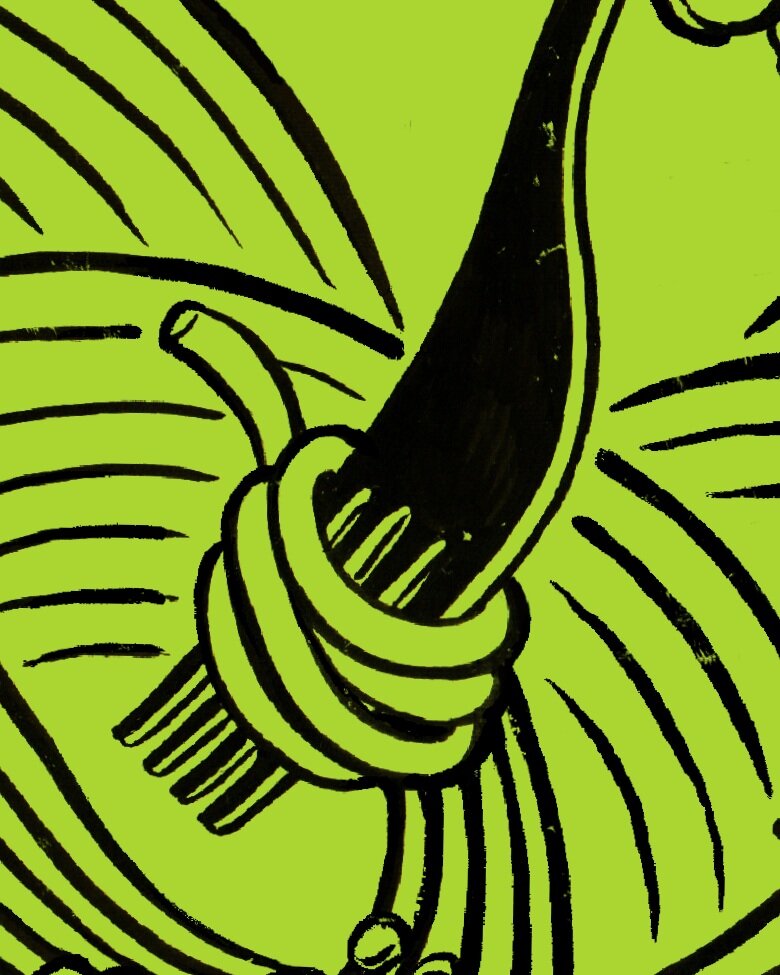CLEAN AND GREEN YOUR DIET
The food we eat has a direct impact on our health and our environment.
Thus, the first place to start looking at our environmental footprint is our diet.
EAT PREDOMINANTLY PLANT BASED DIET
Eating organic plant-based foods is the most important thing you can do to reduce your environmental footprint (beyond not procreating). While food availability differs from one region to the next, If most of us living in urban areas and in the industrialized world move towards eating a diet that is 90% plant based, we can easily feed 10 billion people with an organic diet.
Eat a mainly plant-based diet. By that we mean fresh fruits and vegetables, grains, beans, lentils and nuts. In short, more whole and unprocessed foods. In the words of food writer Michael Pollan, “Don't eat anything your great grandmother wouldn't recognize as food.”
Eat processed foods with moderation. And enjoy free-range, grass-fed organic meat, eggs and dairy (milk, cheese, yogurt), and fish at most once per week. Not only is eating this way better for the environment, but it also greatly benefits your health.
Why is fish on the ‘avoid’ list? This is because fish and other marine creatures are facing multiple threats – overfishing; ocean acidification due to the increased amount of carbon dioxide in our atmosphere; and marine plastic pollution. We have fished many species, such as tuna, to the brink of extinction. Unless we leave the oceans alone so that ecosystems can recover, extinction rates will only accelerate. If you do feel the need to eat fish, a good tip is to eat ‘bycatch’: fish that are caught accidentally when other species are being fished and then discarded because they’re not very popular or well known. Here is a link that shows which bycatch you can consume without further damaging ocean ecosystems. Another possibility is to consult the Good Fish website to see which seafood can be safely eaten in moderation, and which should be avoided entirely.
EDUCATE YOURSELF
Watch documentaries:
Plant-based Nutrition Online Certificate Program, Cornell University
Food in the anthropocene, The Lancet
A plea for plant based diets, or why learn to love those veggies, Fatema Baheranwala
GET ACTIVE !
Prepare yourself:
Plant-Based Primer: The Beginner’s Guide to a Plant-Based Diet, forksoverKnives.com
9 Healthy Tips to Help You Start Eating a Vegan Diet, eatingwell.com
Transitioning to a vegan lifestyle, ilovevegan.com
15 essential ingredients for vegetarian & vegan pantries, thekitchn.com
Join a cooking workshop in Amsterdam:
Vegan Sundays cooking classes, vegansundays.com
Cityplot urban farming collective, cityplot.org
EatLiveLoveFood, eatlivelovefood.com
Practical tips for Amsterdammers:
Vegan Amsterdam map
HappyCow app for vegan restaurants
For your plant-based groceries:
Support organic, local and seasonal food growers
Eat as much organic and biodynamic produce as you can. Not only do the pesticides used in conventional farming poison and kill their intended victims – pests, fungi and weeds – but they also harm other animals on the food chain and their ecosystems. Think for example of the hedgehogs, frogs, fish and birds that eat these pests, and don’t forget to take into account the impacts of these poisons on our own bodies!
The high extinction rates for bee species and insects as a whole are largely due to the huge amounts of chemicals used in food production. A single vegetable crop may have been treated with several pesticides – as well as more targeted herbicides, rodenticides, nematicides, insecticides and fungicides – before it reaches your plate.
The degradation of our soil is a very urgent matter, so much that the United Nations baptised 2015 as the International Year of Soils. Every year we are losing huge amounts of topsoil due to the use of synthetic fertilisers, which wash out from the soil and pollute surrounding waters. Although these artificial fertilisers boost productivity in the short term, they contain just a small number of nutrients, whereas healthy soil and nutritious crops really need the intricate food web of the soil ecosystem. In a functioning ecosystem, soil is replenished when organic materials such as plants, animals and excrements fall onto the ground and break down into fertile soil.
The very limited supply of nutrients found in conventionally-farmed soil reduces the integrity of the food we eat. It is better to grow our food in ways that naturally enhance soil fertility and preserve our ecosystems. Food production methods such as permaculture, small-scale organic and biodynamic farming and mixed cropping systems with plants and animals are based on preserving, nourishing and regenerating ecosystems. We must move quickly towards these kinds of types of food production in order to preserve and promote the health of all life on earth.
Sourcing your food close to home and eating seasonally is a great way to support local farmers. Eating food that is local and in season also better supports your body, as eating food that is subjected to the same weather conditions as you are is better suited to nourishing your body.
When you source your fruits and vegetables locally and seasonally you also limit your contribution to ‘food kilometres’ or ‘food miles’. However, it is important to note that food miles produce a fraction of the carbon emissions that the production of animal products (meat, milk, dairy, cheese, etc.) do. So if you are concerned about your carbon emissions, you might first want to start with cutting out animal products from your diet. In our quest to reduce our individual footprints in Amsterdam, we discovered that if we cycle to our local organic farm to harvest our produce every week, a significant portion of our food doesn’t involve any fossil fuels whatsoever (from energy use, transportation, pesticides or fertilisers). This makes us feel great!
EDUCATE YOURSELF
Read up about Food, farming and more in Amsterdam, ASEED
Avoid consuming products such as tuna, Californian almonds, conventional cocoa and coffee, and conventional beef and dairy as they all cause massive deforestation and habitat loss and are significant drivers of climate change.
GET ACTIVE!
Join a food co-op in Amsterdam:
Vokumokum food co-op in Oost
Foodcoop Amsterdam in Oud-West
FoodCoopNoord in Noord
Stadsboerderij Osdorp in Nieuw-West
Visit one of these farms or join a Community Supported Agriculture (CSA) project:
Amsterdam Oost
Tuinen van Hartstocht – in Zuidoost
Amsterdam West
Pluk! Groenten van West CSA in Nieuw-West
Fruittuin van West orchards in Nieuw-West
De Stadsgroenteboer in Nieuw-West
De Buurtboerderij in Westerpark
De Boterbloem in Osdorp
Amsterdam Noord
Boerderij De Stadshoeve
Get a weekly fruit and vegetable bag filled with organic, mostly local and seasonal produce:
If you don’t have time to visit an organic shop or farm, look for the following labels on your produce at your local grocery store:






